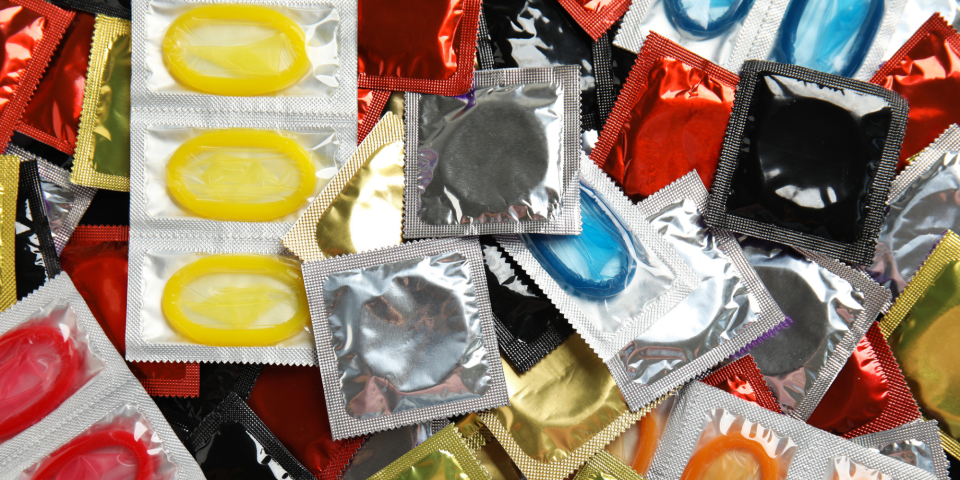The Ghana AIDS Commission (GAC) is raising the alarm over what it calls a worrying decline in condom use among young Ghanaians, a trend linked to reduced fear of HIV and AIDS infections.
Speaking at the 14th National Partnership Forum on HIV and AIDS in Accra, the Commission’s Director of Research, Monitoring and Evaluation, Mr. Isaiah Doe Kwao, said complacency was putting the health of many youths at risk, despite the wide availability of condoms across the country.
“Even though we have condoms in this country, it appears the youth of today are not using them as we would want,” he said.
According to him, many young people are increasingly choosing unprotected sex, often believing HIV is no longer life-threatening because deaths related to the disease are less visible than in past decades.
“Some say they prefer the natural feel. Others think HIV is no longer deadly because they no longer see people dying like before, so the fear factor is gone,” he explained in a GNA report.
Mr. Kwao described such attitudes as dangerous, stressing that condoms remain among the most effective ways to prevent HIV, sexually transmitted infections (STIs) and unintended pregnancies.
“As much as possible, we continue to encourage them to reduce risky behaviours. Condom use is still key in preventing HIV and other infections. We advise them to either abstain, remain faithful to one partner, or use condoms consistently and correctly,” he emphasized.
He urged young people to take greater responsibility for their wellbeing, warning that the country’s development depends on the health and vitality of its youth.
“The youth are the future leaders of this country. We want them to stay safe, grow into healthy adults, and contribute meaningfully to national development,” he said.
Touching on Ghana’s commitment to end AIDS by 2030, Mr. Kwao noted that the Commission was preparing a new strategic framework for 2026–2030 aimed at achieving the global 95-95-95 targets — ensuring that all people living with HIV know their status, receive treatment, and achieve viral suppression.
He, however, admitted that inadequate funding was hindering progress, particularly after the withdrawal or reduction of support from key partners such as USAID and the Global Fund.
“It is incumbent on the government of Ghana to fill in the gap so that we can implement the interventions we’ve laid out,” he said, urging the private sector to play a bigger role in sustaining the national response.
Mr. Kwao added that individuals could also support through small contributions to the Ghana HIV and AIDS Fund by dialing *9898#, allowing donations as low as one cedi.
The Board Chair of the Commission, Mr. Kakra Essamuah, who chaired the forum, reaffirmed the GAC’s determination to mobilize domestic resources to eliminate AIDS as a public health threat by 2030. He praised development partners and civil society groups for their ongoing collaboration but called for renewed commitment and innovation in addressing emerging challenges.
Representatives from UNESCO, the Global Fund, NAP+ Ghana, and the Ghana Employers Association also pledged to continue supporting Ghana’s fight against HIV and AIDS.
